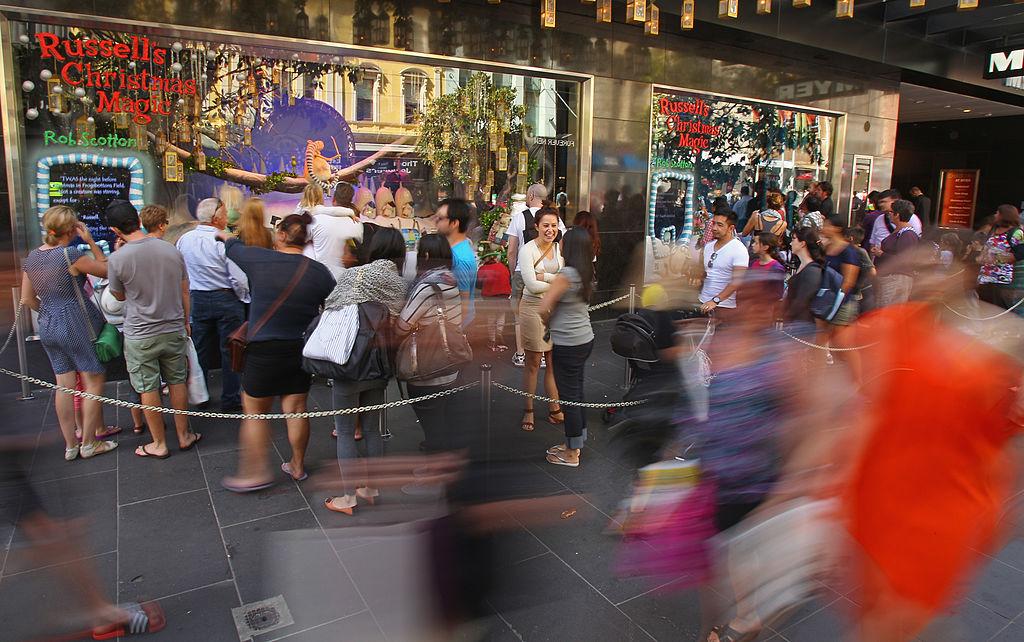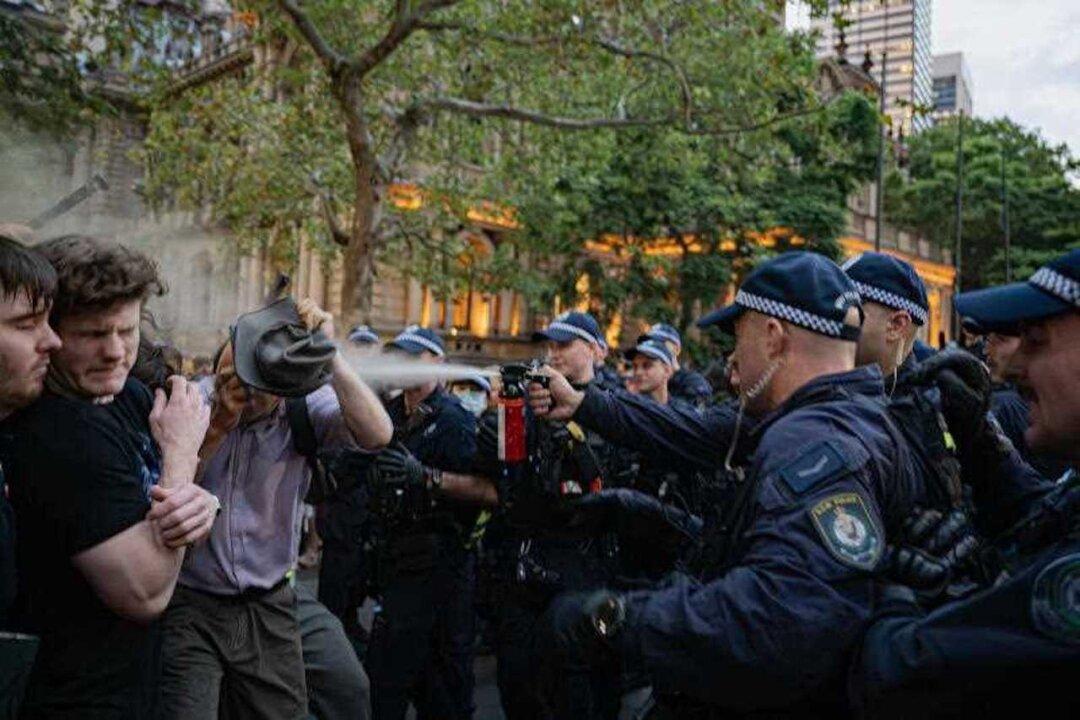The run into Christmas is looking more positive for retailers than previously expected, but for some businesses it could prove to be the final test of survival after torrid 2020.
Deloitte Access Economics says the industry has weathered the COVID-19 pandemic remarkably well and the December quarter will be the first with limited COVID-19 restrictions since the second wave crisis hit Victoria.





